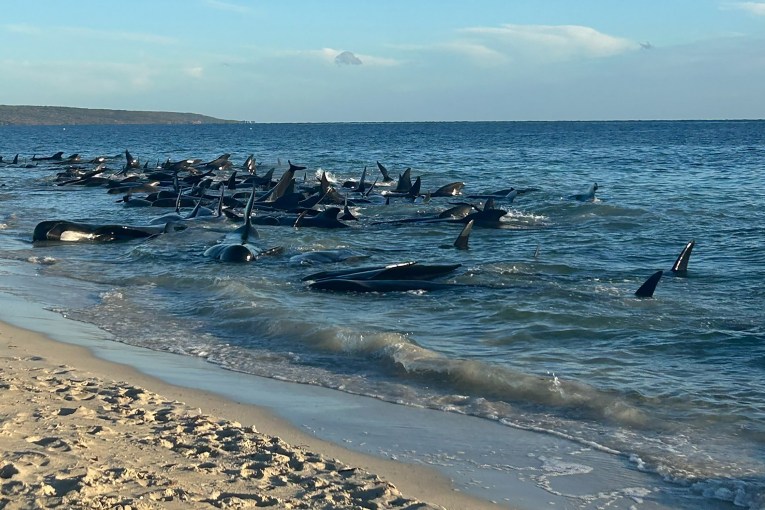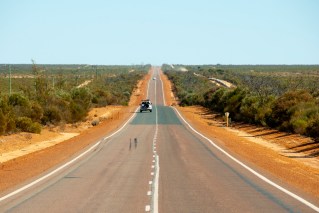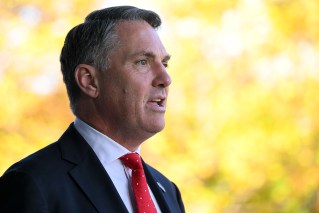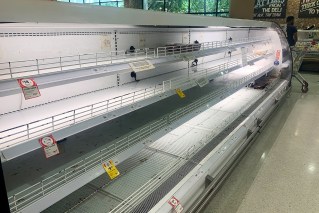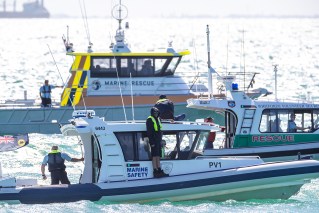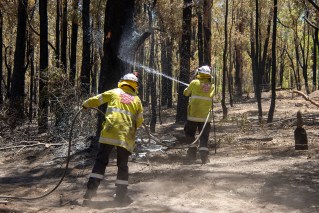WA eases COVID-19 virus, vaccine rules
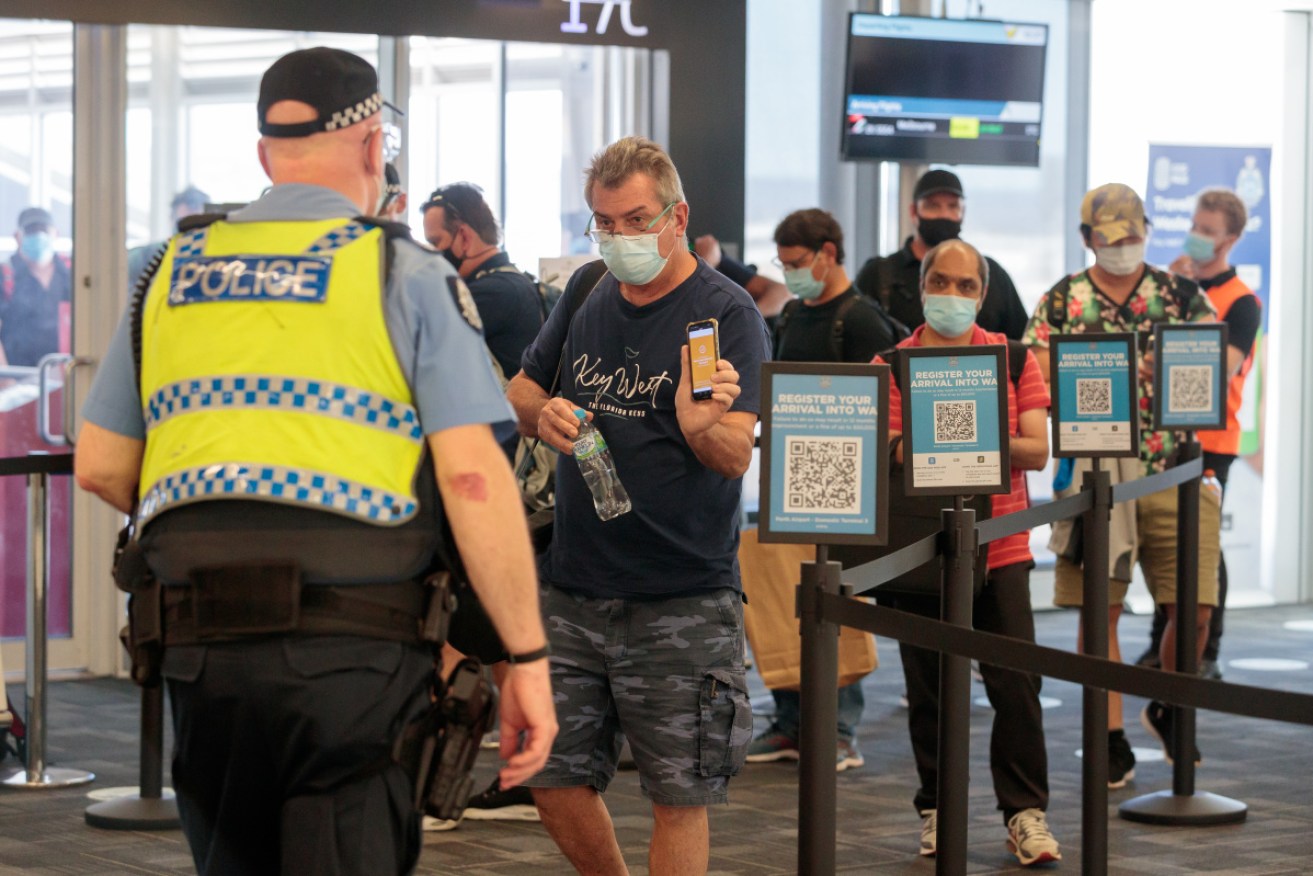
Unvaccinated Australians and permanent residents returning to WA no longer need to quarantine. Photo: AAP
Western Australia has eased more COVID-19 restrictions and wound back its vaccine mandates, with more to follow.
From Wednesday, unvaccinated returning Australians and permanent residents are no longer required to quarantine for seven days and the current weekly cap of 70 people no longer applies.
From June 10, WA’s mandatory vaccination policy will be eased with a requirement for three jabs to be limited to healthcare workers in hospitals and primary healthcare settings, residential aged care and residential disability settings.
The June 10 date allows the public and private sectors time to manage the changes and is expected to result in about 500 public sector employees returning to work.
From June 15, restrictions on access to remote Aboriginal communities will also be scrapped although mask-wearing, proof of vaccination and visitor limits in certain settings will remain.
Among statewide restrictions to stay in place, COVID-positive people are still required to isolate and get tested, and close contacts must wear masks and take a daily rapid antigen test.
Premier Mark McGowan said WA’s high vaccination rate, with almost 82 per cent of those eligible now triple-dosed, had allowed the easing of restrictions.
“WA’s world-leading COVID-19 vaccination rates are something we can all be proud of,” he said.
“They were crucial in delivering our soft landing and have meant we significantly reduced the number of serious illnesses and hospitalisations, kept people out of ICU and limited the number of COVID-19 deaths.
“We’re still in the midst of this Omicron wave, and coupled with this upcoming flu season it’s vital people take every precaution, follow the health advice, keep up mask-wearing as necessary, ensure they are up to date with the COVID-19 and flu vaccines and maintain handwashing and sanitising.
“We need to be vigilant, especially as we’re getting into the colder months and people are now travelling more.”
– AAP
